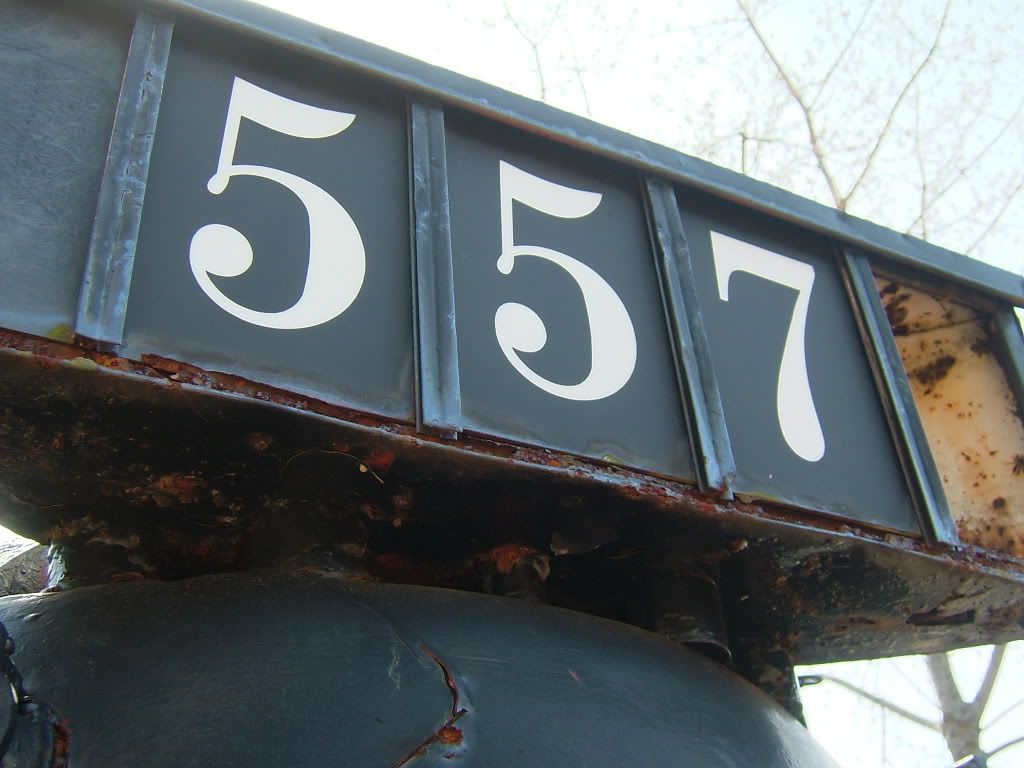| It is currently Wed Apr 17, 2024 9:28 pm |
|
All times are UTC - 5 hours [ DST ] |
Propane plumbing
Moderators: Rick Rowlands, tomgears, Randy Hees
 
|
Page 1 of 2 |
[ 24 posts ] | Go to page 1, 2 Next |
|
| NYCRRson |
|
||
|
Joined: Fri Aug 20, 2010 8:25 pm Posts: 487 |
|
||
| David Dewey |
|
||
|
Joined: Fri Oct 01, 2004 1:33 pm Posts: 481 Location: Oroville, CA |
|
||
| Pegasuspinto |
|
||
|
Joined: Fri Mar 26, 2010 11:43 am Posts: 747 |
|
||
| Bob Davis |
|
||
|
Joined: Sat Aug 28, 2004 3:25 am Posts: 1025 |
|
||
| NYCRRson |
|
||
|
Joined: Fri Aug 20, 2010 8:25 pm Posts: 487 |
|
||
| MEC_557 |
|
|||
Joined: Sun Jun 27, 2010 12:24 am Posts: 298 Location: H2O-town, CT |
|
|||
| Al Stangenberger |
|
||
|
Joined: Mon Aug 23, 2004 12:59 pm Posts: 644 |
|
||
| DLSGM |
|
||
|
Joined: Mon Jul 13, 2015 9:57 pm Posts: 36 Location: Honesdale, PA |
|
||
| EWrice |
|
||
|
Joined: Wed Jan 15, 2014 9:14 am Posts: 353 |
|
||
| NYCRRson |
|
||
|
Joined: Fri Aug 20, 2010 8:25 pm Posts: 487 |
|
||
| Dennis Storzek |
|
||
|
Joined: Thu Aug 26, 2004 2:50 pm Posts: 2815 Location: Northern Illinois |
|
||
| EWrice |
|
||
|
Joined: Wed Jan 15, 2014 9:14 am Posts: 353 |
|
||
| Dennis Storzek |
|
||
|
Joined: Thu Aug 26, 2004 2:50 pm Posts: 2815 Location: Northern Illinois |
|
||
| NH0401 |
|
||
|
Joined: Thu Jan 12, 2006 10:10 pm Posts: 670 Location: Iron City |
|
||
 
|
Page 1 of 2 |
[ 24 posts ] | Go to page 1, 2 Next |
|
All times are UTC - 5 hours [ DST ] |
Who is online |
Users browsing this forum: Google [Bot] and 104 guests |
| You cannot post new topics in this forum You cannot reply to topics in this forum You cannot edit your posts in this forum You cannot delete your posts in this forum You cannot post attachments in this forum |

